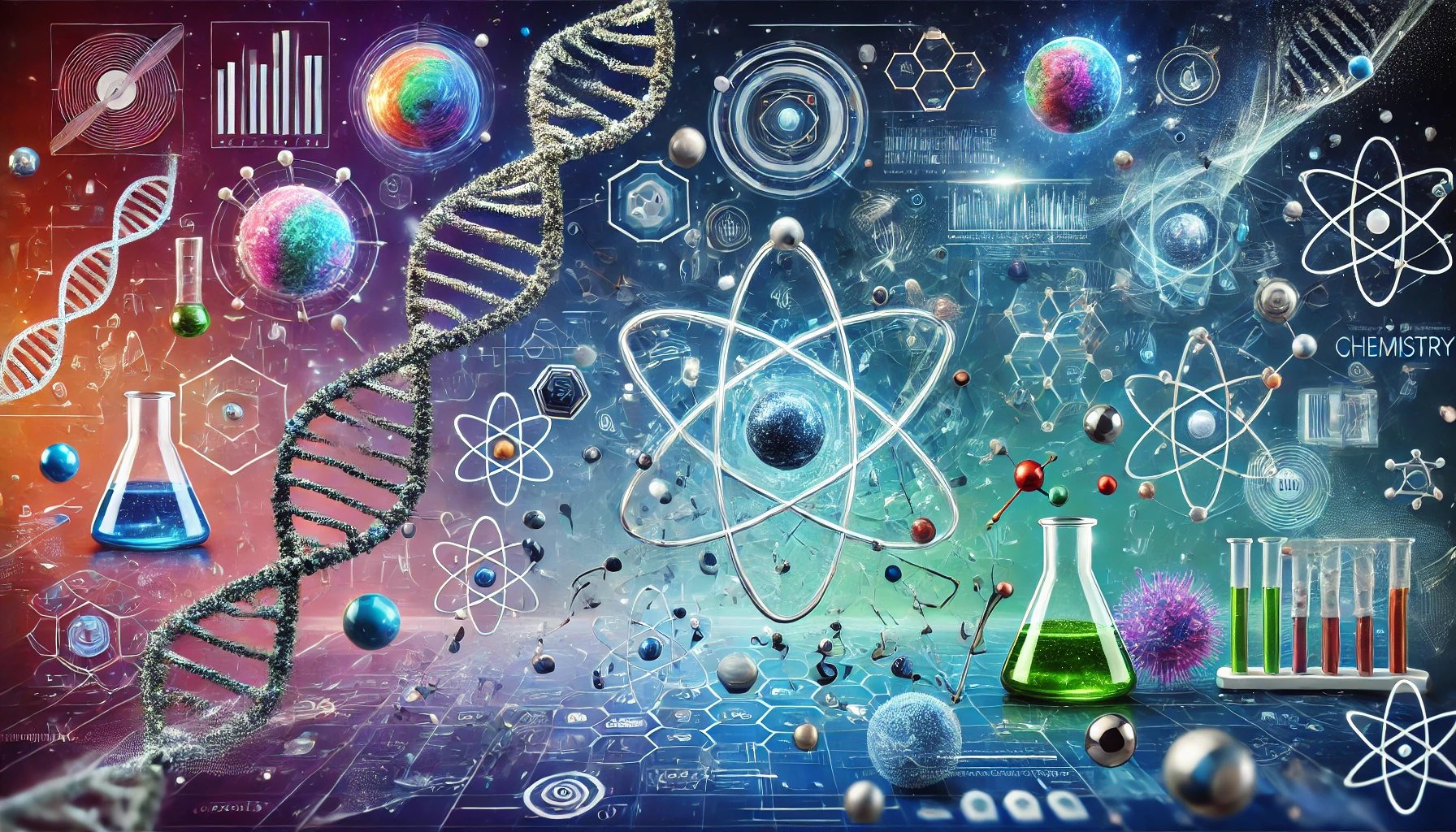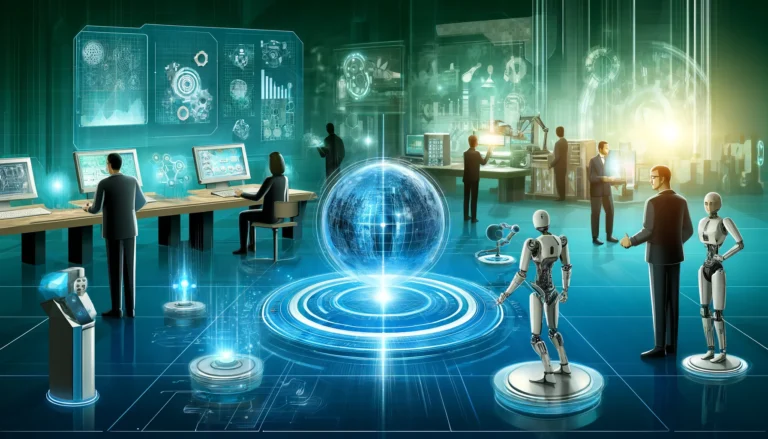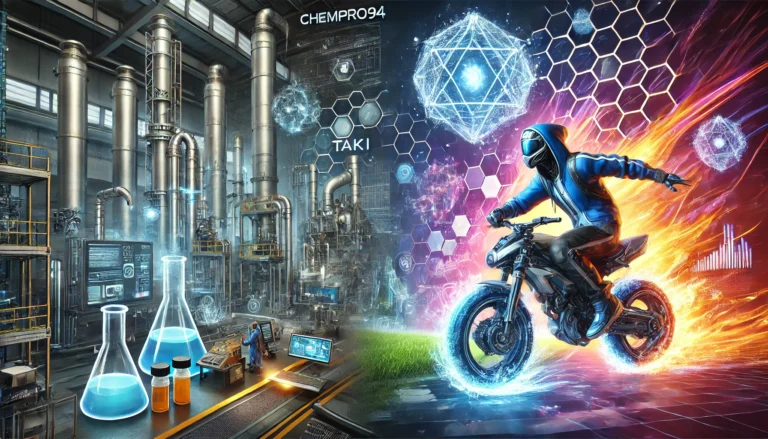Introduction
Science has always been a cornerstone of human progress, shaping our understanding of the universe and improving our lives in countless ways. From the tiniest particles to the vastness of space, totally science helps us uncover the secrets of existence. In this article, we will delve into the various aspects of science, its branches, applications, and its ever-growing role in shaping our future.
What is Science?
Totally science is the systematic study of the natural world through observation, experimentation, and analysis. It seeks to answer questions about how and why things happen. By establishing patterns, testing hypotheses, and developing theories, science provides a framework for understanding the world around us.
Branches of Science
Totally science is a vast field, divided into several branches, each focusing on specific areas of study.
Natural Sciences
The natural sciences investigate the physical and biological elements of our world. Major areas include:
- Physics: The exploration of matter, energy, and the fundamental principles that govern the universe.
- Chemistry: Examines substances, their properties, and reactions.
- Biology: Focuses on living organisms and their interactions.
Social Sciences
Social sciences investigate human behavior, societies, and relationships. Key disciplines are:
- Psychology: The exploration of human thoughts, emotions, and behaviors.
- Sociology: Examines social structures and interactions.
- Economics: Explores production, consumption, and wealth distribution.
Formal Sciences
Formal sciences employ abstract frameworks to analyze concepts such as numbers and logic, encompassing:
- Mathematics: The study of numbers, shapes, and patterns.
- Computer Science: The theoretical and practical study of computation.
The Scientific Method
The scientific method is the backbone of totally science, ensuring that discoveries are based on evidence and logical reasoning.
Observation and Hypothesis
Every scientific inquiry begins with observation. Researchers identify a phenomenon and form a hypothesis with a testable explanation.
Experimentation and Analysis
Experiments are conducted to test the hypothesis. Data is collected, analyzed, and interpreted to determine whether the hypothesis holds true.
Conclusion and Theory Development
Based on results, scientists draw conclusions and refine or develop theories that explain the observed phenomena.
Applications of Science in Daily Life
Totally science plays a crucial role in our everyday lives, influencing various sectors and improving the quality of life.
Technology and Innovation
Scientific advancements have driven technological progress, from the invention of the wheel to modern smartphones. Innovations like artificial intelligence, renewable energy, and nanotechnology continue to transform the world.
Medicine and Healthcare
Science has revolutionized healthcare through vaccines, diagnostic tools, and treatments for diseases. Developments in genetics and biotechnology promise even greater breakthroughs in the future.
Environmental Conservation
Science helps address environmental challenges, such as climate change and biodiversity loss. Renewable energy technologies, sustainable farming practices, and conservation programs are direct results of scientific research.
Future Directions in Science
Totally science is constantly evolving, opening doors to new discoveries and applications.
Emerging Fields
Innovative fields such as quantum computing, synthetic biology, and space exploration are at the forefront of modern science. These areas promise to solve pressing challenges and expand our horizons.
Ethical Considerations
As science advances, ethical dilemmas emerge, such as the implications of genetic modification and artificial intelligence. Balancing innovation with ethical responsibility is crucial for sustainable progress.
The Role of Science in Society
Science fosters critical thinking, inspires curiosity, and drives societal development. Its role in shaping education, policy, and culture underscores its significance in our lives.
FAQs
What are the main branches of science?
Totally science is broadly categorized into natural sciences, social sciences, and formal sciences. Each branch focuses on specific areas of study, such as physics, biology, sociology, and mathematics.
How does the scientific method work?
The scientific method consists of observation, forming a hypothesis, conducting experiments, analyzing data, and drawing conclusions. It ensures that scientific discoveries are based on evidence and logic.
Why is science important in daily life?
Science improves our lives through technological advancements, medical innovations, and solutions to environmental challenges. It shapes modern society and enhances our understanding of the world.
Conclusion
Totally science is more than just a subject; it is a way of understanding the universe and solving real-world problems. Its branches, methodologies, and applications demonstrate its impact on every aspect of our lives. As we move forward, science will continue to be a driving force for innovation and a beacon of hope for humanity’s future.
By exploring totally science in all its facets, we gain not only knowledge but also the tools to create a better world for generations to come.








